
I was doing my wonky thing, reading a presentation by an outfit called Strategy Labs to the House Appropriations Subcommittee on the future competitiveness of Virginia higher education. And I came across a slide (page 10 in the PDF) that emphasizes the different levels of attainment between ethnic groups. States the slide: “Virginia’s Black, Hispanic, and Native American populations’ attainment are on average ~20 points behind White majority population attainment.”
That annoyed me. No mention of Asians, who account for about 8% of Virginia’s student population. Why is the attainment gap always shown to be between blacks, Hispanics and whites when, by the same measures, Asians are the highest-achieving group? Why isn’t the issue framed as gaps between blacks, Hispanics, Indians, and whites on the one hand and Asians as the benchmark achievers on the other?
The answer is evident: Framing the issue as a gap between whites and “brown people” minorities buttresses the dominant narrative that the problem in K-12 education today is one of race — or, to be more precise, unequal treatment of the races — rather than personal and familial responsibility. To frame the issue using Asians as the benchmark would ask us to ask an entirely different set of questions.
Everyone knows that Asians comprise the highest-achieving racial/ethnic group. But if all you do is focus on the total SOL pass rate, you can’t grasp the full dimensions of Asian academic superiority. That comes through only if you look at the yawning gap between Asians and everyone else — especially in math — for “advanced” test scores.
(To see the pass rates for English writing, history, and science, click on the “Continue Reading” button below.)
If you don’t trust the SOLs, consider the SAT college-placement exams. As seen in the chart below, Asian students are equally dominant.

The table above is hard to read, so you’ll need to click on the image to view a legible version. Check out the “Total” mean scores for each group. Asians rule. No wonder Harvard has Asian quotas.
Asians in Virginia are a diverse group encompassing many nationalities, including Chinese, Japanese, Korean, Vietnamese, Filipinos, and South Asians (both Hindu and Muslim). Some are sons and daughters of wealthy parents who sent them to U.S. universities to get a world-class education. Many arrived as penniless refugees, like the Vietnamese and Cambodians. Or, like many Koreans I have met in Richmond, they took humble occupations like grocers and seamstresses, made sacrifices for their children, and demanded the children make sacrifices in return to rise up the socioeconomic ladder.
What they all share is a familial culture that values intact family structures, academic achievement, self-discipline, and a propensity to defer gratification. More than any other group, Asians embody the traditional virtues that made this country great. As epitomized by the famous “tiger mom” Amy Chua (pictured above), Asian parents expect more and demand more of their children than other Americans do.
Perhaps we should be asking ourselves if there are social and cultural attributes that make Asian students more successful. If so, should other students embrace those attributes? Perhaps Virginia educators also should start benchmarking other racial/ethnic groups against Asians and asking how we can bring the other 92% of the population, including whites, up to their level?

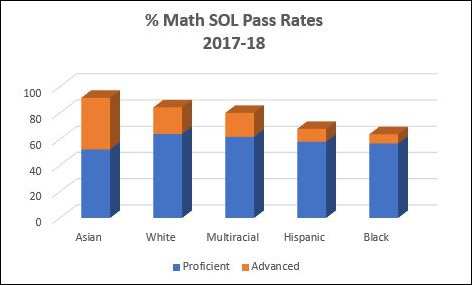
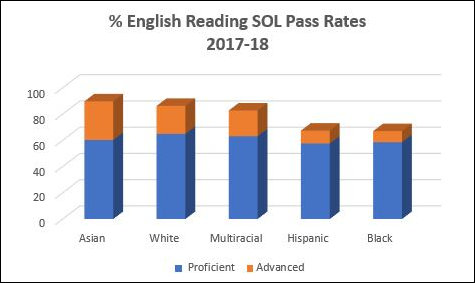
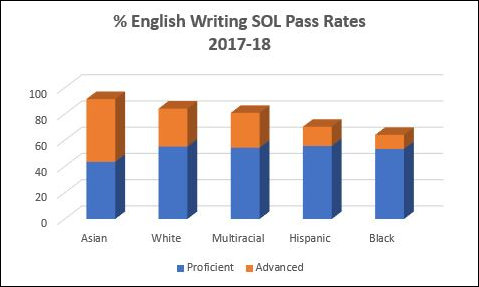
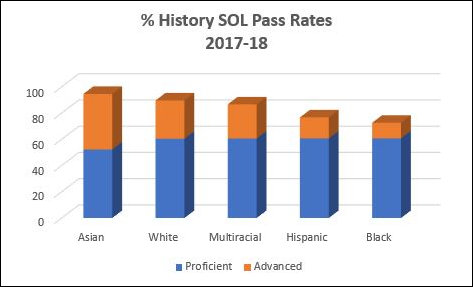
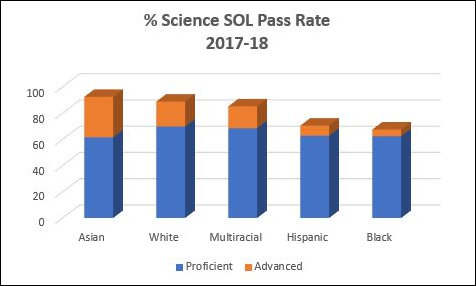
Leave a Reply
You must be logged in to post a comment.